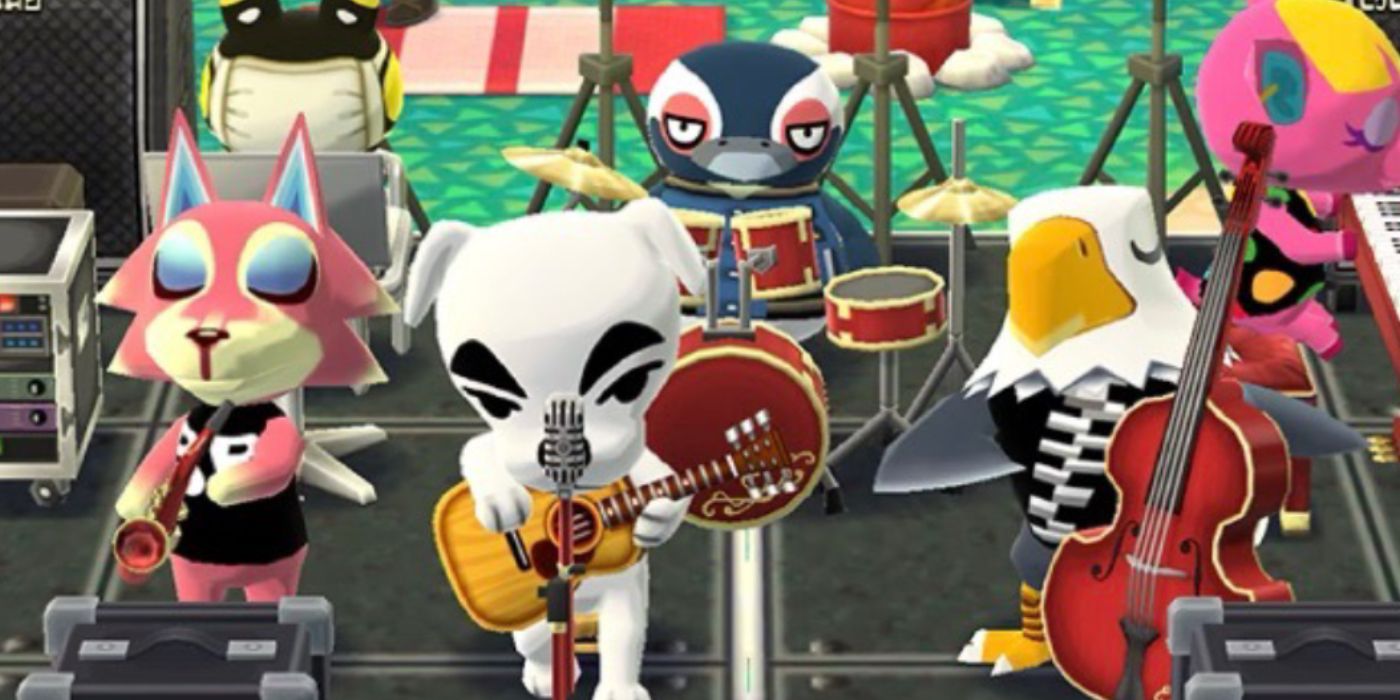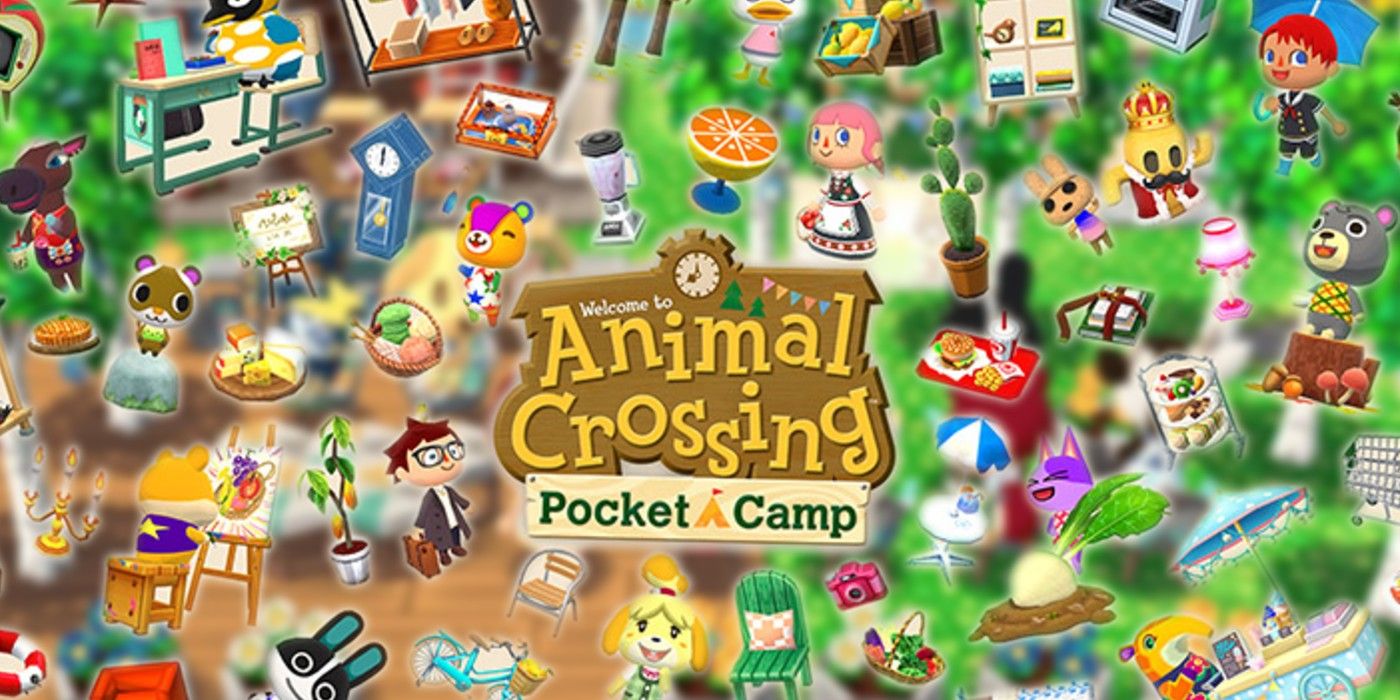Animal Crossing: New Horizons is significantly more culturally relevant than Animal Crossing: Pocket Camp, although that does not make much sense. More people have access to smartphones and devices than the Nintendo Switch, so it should logically follow that more Animal Crossing fans have gravitated toward the free phone app instead of the $60 game. Indeed, Pocket Camp has been downloaded nearly double the amount of times that New Horizons copies have sold, which is around 31.18 million. Still, Animal Crossing fans prefer New Horizons over Pocket Camp, begging the question of why the expensive and exclusive Switch title has managed to outperform the modest, inclusive app.
Animal Crossing: Pocket Camp came out in 2017 during the 8-year main series slump between Animal Crossing: New Leaf and Animal Crossing: New Horizons. Fans were thus excited to hop into the game to find new experiences collecting their favorite villagers and decorating their campsites. For a while, Pocket Camp served as a quaint yet serviceable replacement for those who had grown tired of New Leaf and were waiting for what was yet to come. They could fish, grow flowers, and collect Bells to buy items, all on their own time and schedule just as they had done in the other games.
However, Animal Crossing: Pocket Camp brought in new elements that would gradually change the game over time and fit it into the mold of many other phone app adaptations of beloved series. Additionally, its limitations as an app were apparent from the start, and Animal Crossing: New Leaf always remained an option with more depth for players during the wait for Animal Crossing: New Horizons. Thus, when the Switch title finally came out, it was inevitable that Pocket Camp would fall under its shadow.
Animal Crossing: Pocket Camp Became Grind-Based & Boring
Animal Crossing: Pocket Camp's decline in popularity cannot all be pinned on main series games, though. Since it came out in 2017, Pocket Camp became a game that rarely required but constantly put players into positions where they would have to spend money on in-game currency. If players wanted a certain villager map or all of the items from an in-game event, they would have to pay for Nook Tickets with real money or subscribe to Animal Crossing: Pocket Camp's Happy Helper Plan for $3 a month. The only way to avoid this issue was to constantly grind in the game. This is antithetical to what the Animal Crossing series is about: Relaxing in and escaping to a world much easier to inhabit than the real one. The change in gameplay thus alienated fans of the series who never wanted to have to work hard in a series designed to offer them a calm environment.
Additionally, Animal Crossing: Pocket Camp could only ever be a bare-bones version of the main series game. Players can get villagers, decorate their homes, and complete their regular chores, but other than that, the app does not offer much like the mini-games from Animal Crossing: New Leaf. Events do offer players the opportunity to diversify the gameplay, but these events often lead to more stress than fun. In Animal Crossing: New Horizons, events are fairly low-key and gave players a fair amount of time to collect items.
Ultimately, Animal Crossing: Pocket Camp was always going to lose the popularity contest to Animal Crossing: New Horizons. The Switch title had the benefit of being a main series game, and it also did not hurt that New Horizons came out during the 2020 lockdown when people needed it more than ever. While Pocket Camp may seem like a much lesser game, it still at least made Nintendo a lot of money and is still played by devoted fans.


